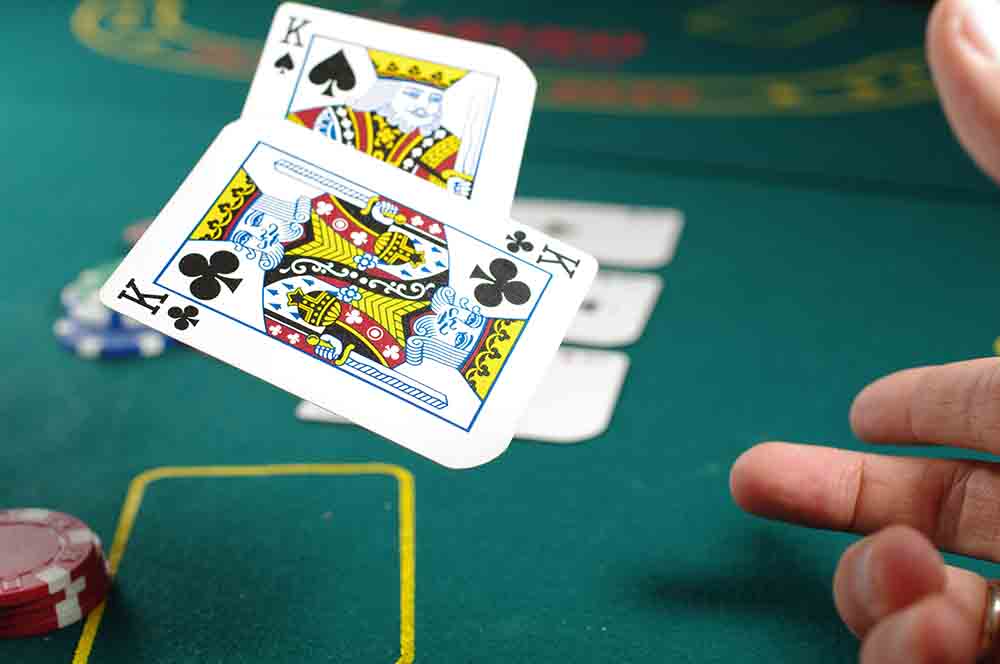Free bets are bookies’ weapon of choice to attract new customers and keep their VIP’s happy. However, they are associated with stimulating gambling demand and hooking customers to harmful behaviours. With the gambling act review going full throttle to protect customers from any gambling-related harm, free bets will soon be part of the list of restrictions that have put the UK gambling industry through its darkest hours.
The Current State of Gambling
Competition in the gambling industry can be fierce, as operators try to maximize their markets share against local and offshore competitors. To gain advantage, operators use persuasive marketing techniques, such as sports partnerships, social media advertisement and a long-time favourite, free bets, awarding customers for their deposits and betting activities with extra wagers. The results were positive for bookies, as betting is now more popular than ever.
But with the increase of betting activity, the risk of problem gambling has never been so tangible. For the British people, problem gambling has been a long-lived issue, with 340,000 (3%) of its population classified as such. The situation only scales up in 2020 with the COVID-pandemics, forcing the UK Parliament and the Gambling Commission to restrict betting firms activities.
The current 2005 Gambling Act review represents a shift towards the wellbeing of customers. The banning of several promoting cornerstones like television advertisements and using sports events to promote their brands while portraying bets as part of the sport itself are some of the expected changes Free bets are also facing the same fate than the former, as regulators and recovered problem gamblers, have pointed the promotion as an integral part of a harmful equation.

The Free Bets Trap
Free bets are bonuses offered by bookmakers to attract new customers thanks to a combination of free money and wagers, usually doubling the value of the deposit amount. Punters find the deal appealing, but usually, overlook the terms and conditions after signing in. This allows bookmakers to create a retention scheme and legally exploit customers while keeping the rewards inside their premises.
To redeem a free bet, punters must wager its value a certain amount of times during a fixed period; otherwise, they will lose the benefit. Other conditions like placing bets under specific markets and odds are also employed to hinder the players chance to cash out the rewards.
Of course, online casino like Agent No Wager must protect their business, but laws concerning consumer’s protection are in a complicated area and bookmakers seem to have been taking advantage of this throughout the last few years.
Terms and conditions are usually vague and intricate, having bookmakers an unfair advantage over customers. Cases of winning accounts getting closed at the discretion of the bookie are fairly common, as customers are accused of abusing the bonuses. On the other hand, losing (profitable) players are rewarded for their high volume betting.
VIP programs also employ free bets as rewards, hooking bettors to keep pouring money regardless of their affordability. Those suffering from problem gambling, have become the industry’s main contributors, with nearly 80% of deposits. The appeal of having extra money to keep wagering is strong enough for these vulnerable people making them incur in debt (usually with shark loaners), criminal activities, or stop supporting their families to keep betting.
Problem Gambling Must Not be Stimulated
For many years the industry has exercised its free will amassing large fortunes on behalf of the troubled gamblers. The use of free bets and other incentives by the gambling industry have overstimulated the demand, incentivising vulnerable people to gamble.
Former UK government minister Lord Michael Forsyth made a call warning about the effects of stimulating the demand. ‘Free bets shouldn’t be offered by gambling companies given the possibilities of harmful gambling behaviours’
The measure has already been implemented overseas. Australia, a country known for its passion for sports and bets, introduced in 2019 the ban to enhance the protection of their citizens who statistically face the largest gambling losses in the world. The extent of the harm is such that one of five suicide attempts are related to problem gambling.
Compared to Australia, the UK still holds lower levels of problem gambling. However, the industry must change its focus from profit to the protection of its customers. A mandatory attitude change from the industry that has come too late and now must be bound to stricter regulations.
The ban on credit card usage and free bets will severely impact bookmakers, and the industry must resort to other more ethical methods if they want to keep addressing their services to customers. Like the tobacco industry in the early 2000s, it is time for the betting operators to pay the price for their acts.

